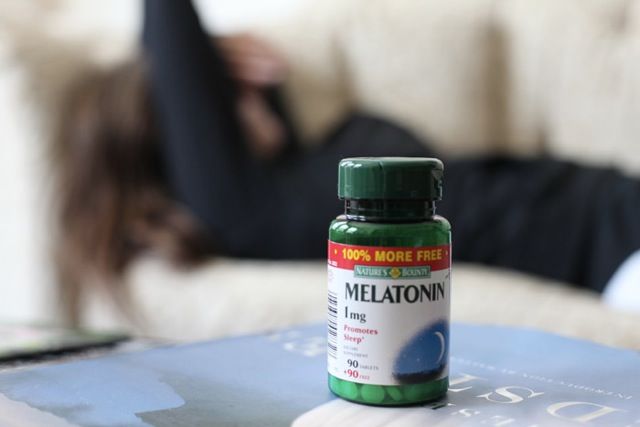
Wake up to the Importance of REM Sleep: No, It's Not Just About Dreaming
- Aug 11, 2024
If the deep sleep phase is the main course of your sleep banquet, then Rapid Eye Movement (REM) sleep, also known as dream sleep, is the decadent dessert you can't afford to skip. Accounting for roughly a quarter of your total sleep time, it’s the thrilling finale in the sleep saga. Think of it as the Dumbledore in the sleep Hogwarts, mighty beyond comprehension but often misunderstood.
Moving past the whimsy, REM sleep has some pretty serious implications on your health-trust us, it's not pulling your leg. From cranking your learning abilities to memory function, REM sleep is like the Swiss army knife your brain needs to get its shit together.
Now don't get complacent thinking you know what REM sleep is from some hazy biology lesson. Yes, it's true that the eyes move rapidly during this phase though the eyelids are sealed shut tighter than your commitment to a diet on cheat day. Yes, your mortal coil enters a temporary paralysis during REM sleep to shield you from acting out your dreams and bruising more than your ego.
However, more than conjuring vibrant dreams or causing occasional muscle twitches, REM sleep is crucial for emotional regulation-it helps you to keep your cool rather than morph into Hulk at every slight inconvenience. And if you notice your poor memory getting in the way of your daily life, you're probably making poor REM sleep your unwanted bedroom companion.
As you age, your REM sleep needs evolve. As an adult, you need to lock in a solid 20% to 25% of your sleep time in REM, which equates to snagging a decent 90 to 120 minutes of REM sleep per night. Remember, while our dreams can knock on our door in other sleep stages, they are the most vivid and memorable during REM sleep.
Please note that failing to remember your dreams doesn't mean you're skimping on REM sleep. Often you’ll remember dreams if you happen to wake up from your trip down REM lane.
Sleep disorders, on the other hand, can lead to a chaotic REM sleep party. You might be prancing around reenacting your dreams thanks to something called REM sleep behavior disorder. This disrupts the natural paralysis and can lead to quite the adventure (read: potential injuries). Older adults are more likely to face this paradox.
Shortchanging on REM sleep can be like playing Russian roulette with your health. It can hit hard on your learning and memory abilities, mess with your emotions, drain your energy, and pour a sizing serving of trouble into your already challenging life.
But do not fret! Akin to finding the fountain of youth, achieving more REM sleep can be within your grasp. Start by tackling potential causes, treating underlying medical conditions, creating a sleep-friendly environment, and adopting good sleep hygiene practices.
In a nutshell, REM sleep is not just about dreaming. It has a serious job to do, like an unsung superhero working behind the scenes. So, don't cheat yourself out of this precious phase of sleep, as it is integral to your overall wellbeing. If REM sleep proves to be a tough nut to crack, reach out to a health professional and banish your REM woes once and for all.






